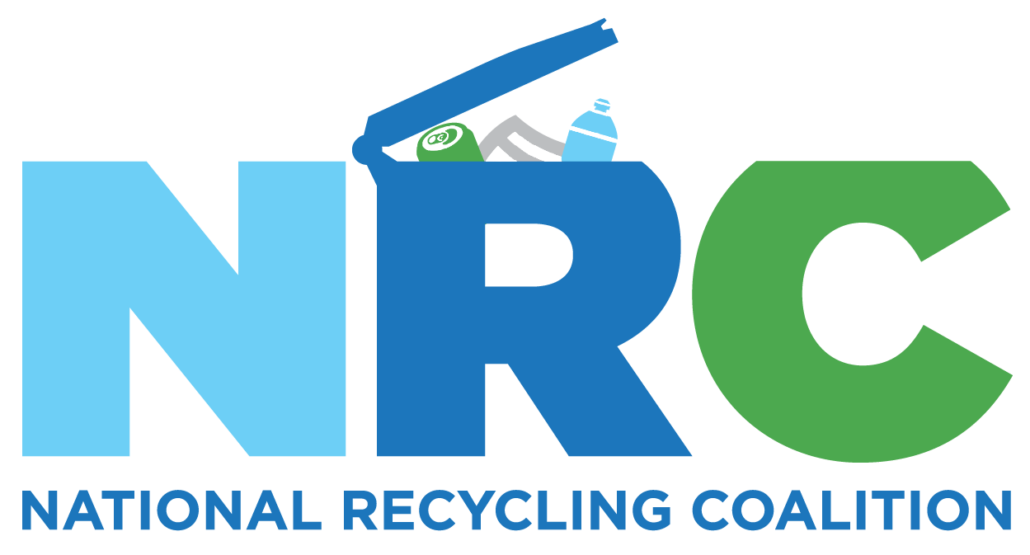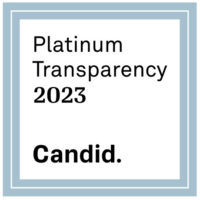Training and Certification Programs in Recycling and Sustainable Materials Management
Why Certification?
As environmentally sound waste and resource management becomes a higher priority for local governments, businesses and institutions, a well trained pool of Sustainable Resource Management professionals becomes even more important. Certification is a means to identify qualified professionals committed to personal excellence and achievements of skills, knowledge, and a demonstrated broad understanding of Sustainable Resource Management issues. The professional status of certification can be displayed as a visual tool of professional designation on business cards, correspondence, research, reports, and other printed or published materials.
Efforts to train professionals on Sustainable Resource Management must be effective and credible. Just as importantly, it will be beneficial if they are also consistent from one state to another. If an individual is recognized as a Certified Sustainable Resource Management Professional, it should mean that they possess the same level of knowledge and competence throughout the country.
Training Programs Certified by the National Recycling Coalition
https://nrcrecycles.org/national-standards-certification-board/
The National Standards Certification Board (NSCB) accredits certification programs (not individuals) run by states, regions, organizations, trade associations, universities, and community colleges. To date, the following states have had their training programs accredited by the NRC: New Jersey, New Mexico, Pennsylvania, and Illinois. Other states and organizations are currently developing them with NRC assistance.
The Professional Certification in Sustainable Resource Management is awarded to individuals by organizations demonstrating the following minimum requirements in their training programs:
- a minimum of 30 hours of course work;
- certified by an accredited postsecondary institution;
- a comprehensive course on Sustainable Resource Management
- progressive proficiency exams as well as a comprehensive written exam to demonstrate proficiency.
- Instructor Criteria, student evaluations, and periodic re-evaluations of entire course
- Alternative pathways to allow experienced professionals to test out
- Recertification requirements to ensure that certified professionals continually update their skills
For an information package that includes a sample letter of interest and other key information, send message to [email protected]
For more information about the NRC’s National Standards Certification Board, visit https://nrcrecycles.org/national-standards-certification-board/
New Jersey Recycling Certification
Since its inception in 1993, the New Jersey Recycling Certification Program has trained over 250 individuals in topics ranging from economics to truck routing and public communication.
New Jersey requires that reports or other recycling-related documents be signed/certified by a Certified Recycling Professional (CRP).
In order to complete the full (21-day) recycling certification program, an individual must attend ten (10) required courses and successfully complete all course proficiency assignments
Once certified, CRPs must complete 20 hours of continuing professional education/training (over a two year period) on issues relating to solid waste and /or recycling in order to maintain their certification.
Certified Recycling Professionals (CRP’s) now have the option of earning a new national certification, Sustainable Resource Management Professional (SRMP)
New Mexico Recycling Coalition
http://www.recyclenewmexico.com/cert_classes.htm
To obtain NMED Solid Waste Facility Operator Certification, applicants must complete a course, score at least 70% on the certification exam offered at the end of each course, and have at least one year of experience operating the type of facility for which certification is sought.
State Solid Waste Rules require that public and private solid waste facilities have certified operators. These courses enable operators to become certified
Professional Recyclers of Pennsylvania
http://www.proprecycles.org/index.aspx?NID=94
The Pennsylvania Certification program has been designed to meet the standards of the National Standards Certification Board. To receive the certificate, candidates must complete 4.0 (40 hours) of Continuing Education Units (CEUs) and successfully pass the Certified Recycling Professional examination within a four year time period. Over 70 courses are available. Partnership with The Pennsylvania State University
Over 1000 participants enrolled.
Partially funded through Pennsylvania Department of Environmental Protection

